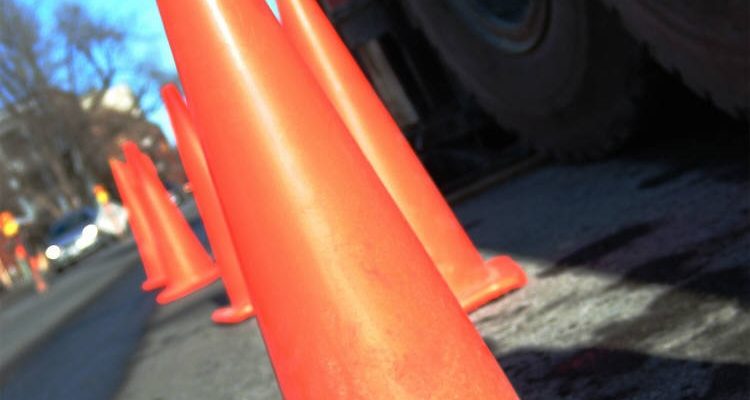New Jersey Department of Labor & Workforce Development
FOR IMMEDIATE RELEASE
July 11, 2023
TRENTON – In the four years since Governor Murphy expanded the New Jersey Department of Labor and Workforce Development’s (NJDOL) powers in 2019 to halt work on job sites when there is strong evidence of worker exploitation, over 110 stop-work orders have been issued and more than $2.7 million in back wages owed to affected workers, liquidated damages, and penalties have been assessed.
In 2021, Governor Murphy further boosted these powers, permitting stop-work orders to be applied to all work sites of an employer found to be in violation of the law.
“Since the beginning of our Administration, we have been dedicated to respecting, defending, and upholding the rights of all New Jersey workers, who are the lifeblood of our economy,” said Governor Murphy. “These expanded powers have led to over a hundred stop-work orders in just the past few years, advancing our commitment to stronger and fairer worker protections.”
“Having the authority to shut down work as soon as wrongdoing is identified has exponentially strengthened the department’s effectiveness at enforcing our state’s wage and hour laws and protecting workers and law-abiding employers,” said Labor Commissioner Robert Asaro-Angelo. “We’ve made it clear: If we find you are cheating workers, we will halt your business operations, and in many cases, you will be told to leave the job by the general contractor or contracting authority.”
“A vast majority of New Jersey employers follow the law and do right by their workers, but NJDOL wants to ensure all businesses are following the law and treating workers fairly,” Asaro-Angelo added. “It’s not just about stopping the violations in progress. There is also an educational component to prevent these issues from happening in the first place.”
NJDOL’s Division of Wage and Hour and Contract Compliance has the authority to immediately halt work at any public or private worksite – both construction and non-construction – when an investigation finds evidence an employer has violated state wage, benefit or tax laws. Examples include: misclassifying employees as independent contractors; not having appropriate workers’ compensation insurance; failing to pay prevailing wage or overtime; or paying workers partially, late, or off the books.






